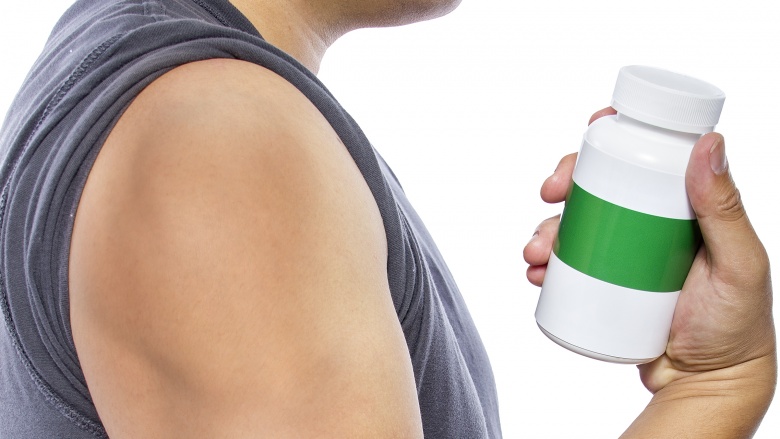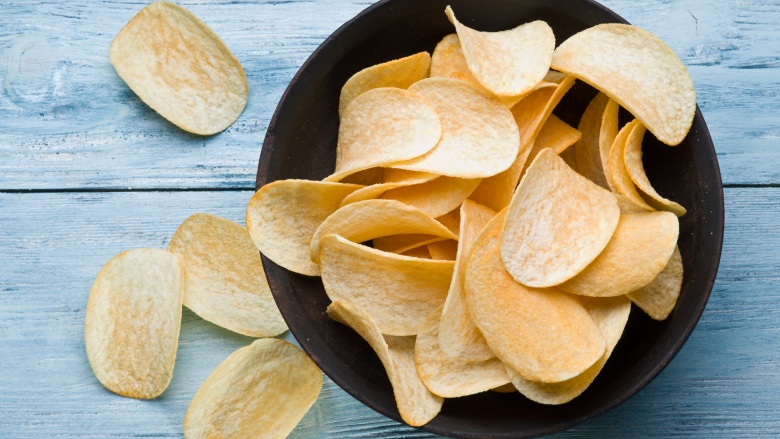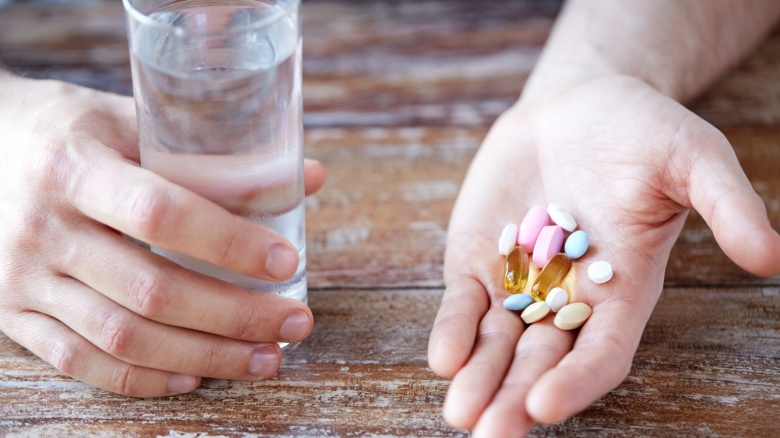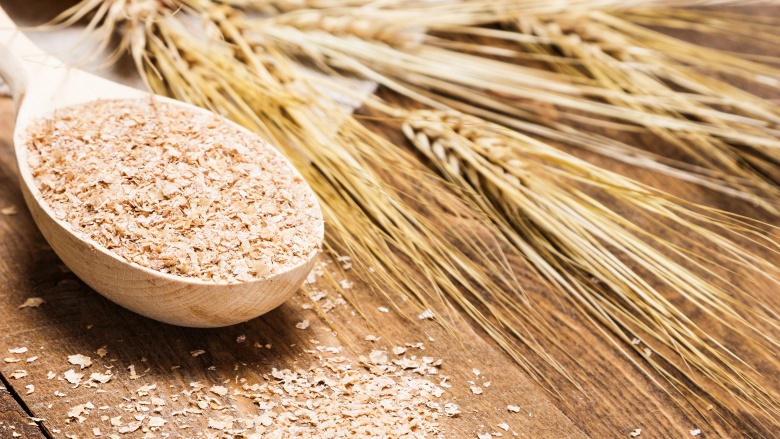The Dirty Truth About Diet Pills
Taking off excess weight—and keeping it off—generally comes down to two things: eating less and exercising more. But those things are difficult, unpleasant, and boring. There's always some new diet plan, certain food, or newly discovered plant extract that claims to be the magic, effortless path to weight loss. More often than not, the quick fix is a "miracle" diet pill, but do they really work? And what are they really made out of? Let's take a look inside the world of weight loss supplements.
How fat burners work
One category of diet pills are fat burners. But really, they're stimulants which agitate the central nervous system so as to reduce appetite and burn off fat. The active ingredients in fat burners are many different kinds of stimulants, from good old caffeine (in very high doses), to natural extracts like guarana and willow bark, to synthesized chemicals like hydroxycitric acid (the main ingredient in Hydroxycut) and chromium picolinate, along with lots and lots of herbs and even aspirin. A variety of stimulants are used because not only do more stimulants, well, stimulate the body into losing weight, but they increase energy as fat is burned. (Burning fat all day long tends to sap the body.)
Stimulant-based diet pills do work, if combined with exercise, but it's probably the exercise doing the heavy lifting. However, these pills are recommended to be used in short periods—an extremely jittery body is pretty unpleasant, as is the sky-high pulse, blood pressure figures, and strokes or heart attacks caused by those things.
How fat blockers work
A chemical called orlistat is at the heart of fat blockers—it actually prevents the body from absorbing dietary fat. It's now available commercially under names like Xenical or Alli, but it debuted in the mid-1990s as Olestra, a fat substitute used in the production of fat-free potato chips. But there were some side effects among those who ate too many servings of Olestra-laden chips, and they're the same side effects that plague those who use diet pills with orlistat. If there's fat in food or in the stomach, and the body won't absorb it into its cells, that fat has to go somewhere—and that generally means an oily anal discharge.
Other symptoms: excessive flatulence, gas, diarrhea, oily stools, and the body's decreased ability to absorb Vitamin A and Vitamin D. And weight loss is more than just eating (or absorbing) less fat—it's burning off fat already in the body. Studies show that orlistat does help with weight loss, but only in conjunction with a reduced-calorie diet.
Diet pills aren't regulated
There's a reason why diet pills are sold via cheap-looking commercials on late-night TV, in some shady corner of a pharmacy, or via spam email. It's because a lot of them are totally shady, and don't work at all, and if they do work, they work too well, because they're loaded with powerful ingredients. How is this even legal? It's because most diet pills are legally classified as "dietary supplements," and not drugs. That means manufacturers don't have to prove safety or effectiveness to the Food and Drug Administration.
Even more troubling is that diet pills sold online may contain ingredients that have actually been banned by the FDA. A supplement called Slimming Beauty cited the all-natural "bitter orange" as the big ingredient. Sure, that's all well and good—bitter orange has been used for centuries around the world, as both an appetite suppressant and energy booster. But these pills also contain very high amounts of sibutramine, a prescription-strength stimulant and weight loss aid. Under the name Meridia, sibutramine was pulled by the FDA in 2010, after a study found it increased the risk of stroke by 16 percent. But the FDA has no jurisdiction over supplements, so into Slimming Beauty it went.
The magic ingredient may be totally normal
Some diet pills tout the inclusion of chitosan. What that reportedly does is bind to food molecules, preventing digestion—the body then passes the whole thing, making sure less calories go into the body. But what is chitosan? It's the powdered shells of crab, shrimp, and other crustaceans. (Chitosan is not for use by vegans, or those whose religion prohibits the consumption of shellfish.) While some studies have shown that dieters who took chitosan lost a bit more weight than dieters who didn't, other researchers say chitosan is more or less fiber. Or at least it behaves like fiber, which binds to fat and cholesterol and prevents absorption into the body.
The main difference between chitosan and fiber: Chitosan is expensive and comes only in pill form. Fiber is cheap and plentiful. And like orlistat, chitosan blocks the body's ability to absorb vitamins. Fiber doesn't do that.




